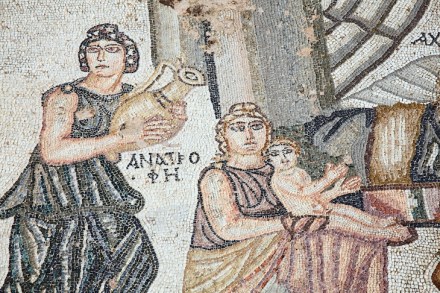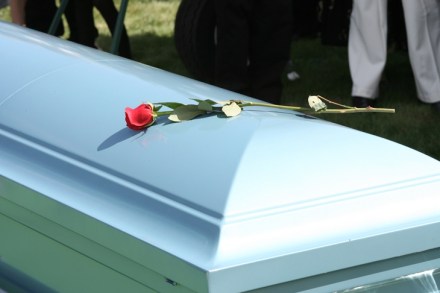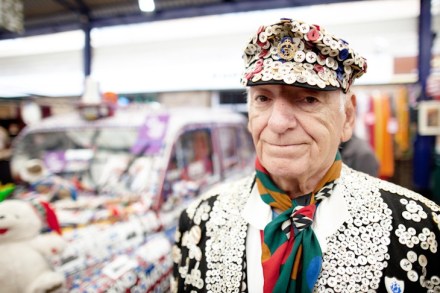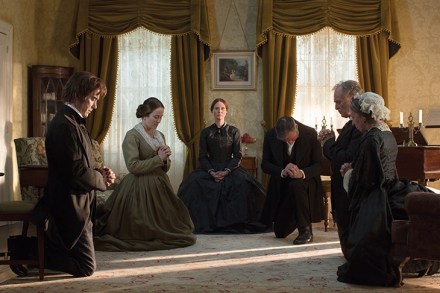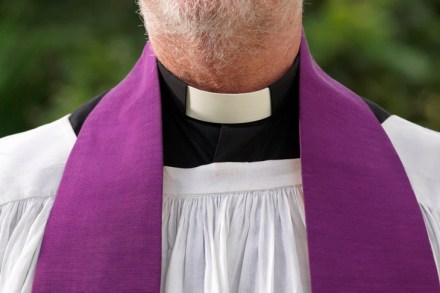A matter of life and death | 7 September 2017
Before he died, the former Archbishop of Westminster, Cardinal Cormac Murphy-O’Connor, reassured his diocese that he was ‘at peace and [has] no fear of what is to come’. But surely, as a sinner facing a god of judgment, he should have been terrified out of his wits? In ancient literature, it was only cowards or second-raters who were terrified of death. Philosophers had no qualms. As Socrates (5th C bc) said: ‘To fear death is to think oneself wise when one is not; for it is to think one knows what one does not know. No one knows whether death may not even be the greatest of all good things




